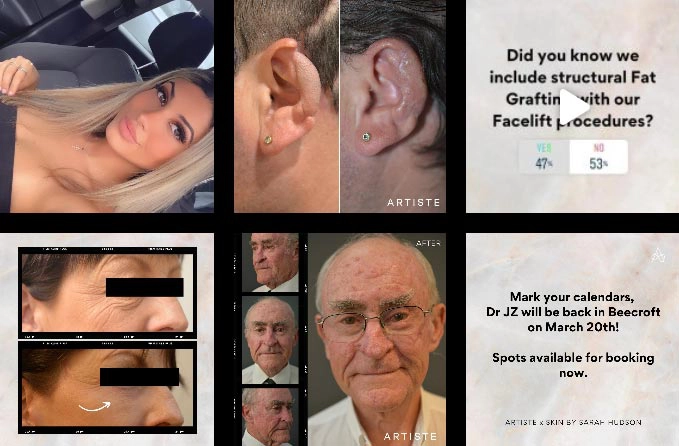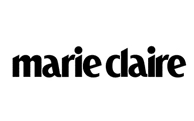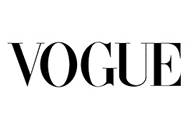What to Expect After an Eyelid Surgery?
Model featured in photography
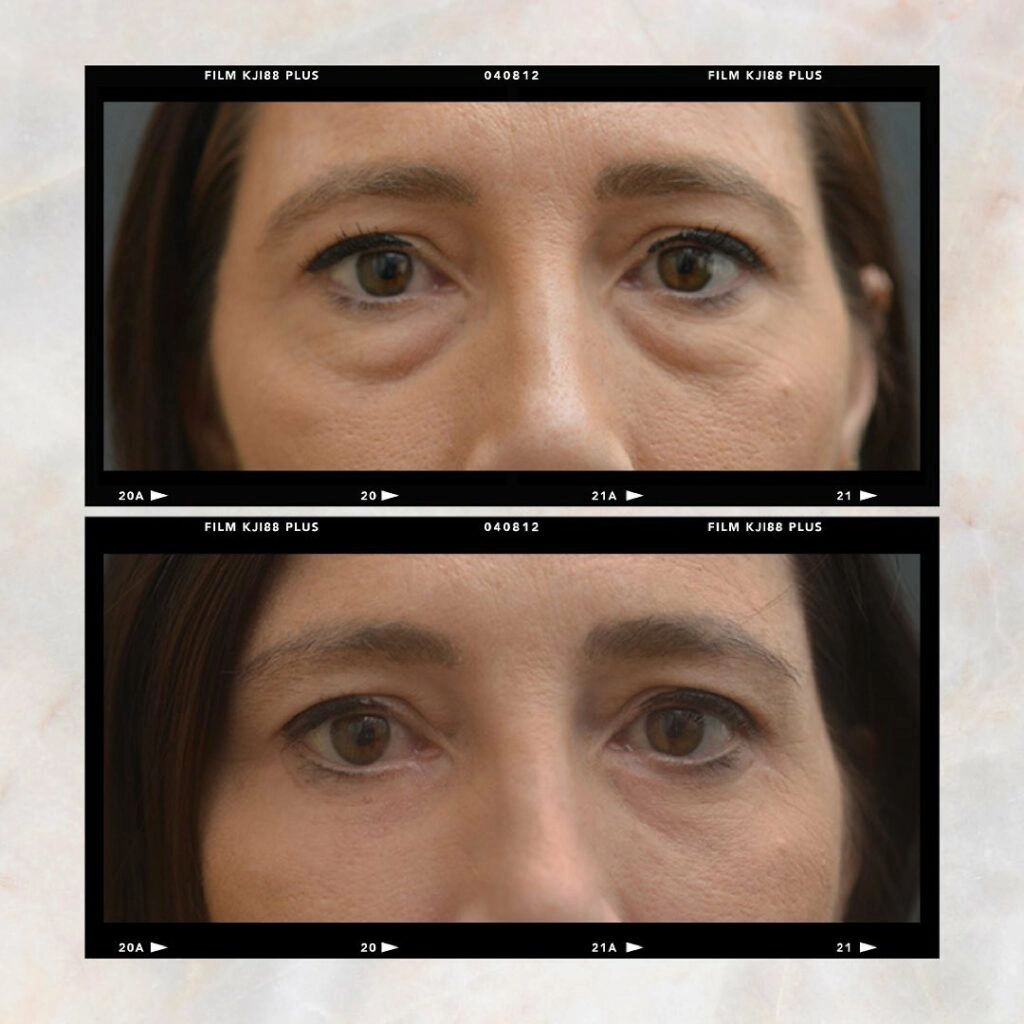
Eyelid surgery, also known as blepharoplasty, addresses excess skin or fat around the eyes which can impede appearance or vision. Some, though not all who seek this surgery may be experiencing concerns like heaviness in the upper eyelids or a puffy feeling, which can contribute to a “tired” appearance.
Being aware of the risks and possible results from this surgery is important before undergoing invasive, elective procedures. We’ll provide a general overview on the potential effects of eyelid surgery or blepharoplasty.
Softer and Fuller Lower Eyelids
Functionally, blepharoplasty can address excess eyelid skin and fat which can obstruct vision or cause feelings of discomfort. The removal of the excess tissue improves the field of vision. This is especially true in cases where a patient may be experiencing severe upper eyelid hooding and strain due to drooping eyelids.
Bigger-looking Eyes or Double Eyelids
Aesthetically, blepharoplasty, or in this case Asian blepharoplasty is done for aesthetic purposes, such as creating a crease in the upper eyelid. This procedure may be sought by people who don’t have a natural upper eyelid crease and wish to have this specific features.
Asian blepharoplasty techniques could either be incisional or non-incisional. The difference is an incision creates a permanent crease whereas the non-incisional method creates the added flap or crease via sutures.
Recovery
Recovery after double eyelid surgery varies from person to person, influenced by factors such as the technique used, individual healing rates, and adherence to post-operative care instructions. While everyone’s experience is unique, there are some common experiences.
For example, swelling and bruising around the eyes are typical in the first week. You might have difficulty closing your eyes completely during this period. Generally, the symptoms could improve, but patience is essential, as healing can take several weeks.
Discomfort in the eyelid area can also make sleeping challenging, as well as, other daily activities. Your surgeon may discourage you from washing your eyes to prevent disturbing the sutures or incisions. Itchiness could also be expected.
Staying in communication with a professional and supportive surgeon can help address any concerns and provide reassurance during this time.
Overall, recovery is a personal journey, and experiences will differ. While some may face more discomfort or swelling, others recover with minimal issues. Understanding these possibilities can help set realistic expectations and provide the patience needed to allow your body to heal fully and achieve optimal results.
Disclaimer: At Artiste Plastic Surgery, our Plastic Surgeons led by Dr Jack Zoumaras have been trained to the highest possible degree. All surgery has risks and it is always advised to get a second opinion. Risks are very real and we cannot guarantee any result. Results are illustrated as a guide only. All risks are managed and any need for revision surgery or complications (1-5%) can be managed by our specialist plastic surgeons.
Any statements on how you will feel is based on Level V Evidence:
Level V: How you will feel after plastic surgery varies between individuals, depending on psychological and physical factors. Our internal research is based on how patients in our practice feel after surgery.
The blogs are not a substitute for a medical consultation and do not form as part of the doctor to patient relationship.
SHARE THIS ARTICLE
Jul01
Facelift Recovery Tips: What Speeds Up Healing and What to Avoid
Disclaimer: At Artiste Plastic Surgery, our Plastic Surgeons led by Dr Jack Zoumaras have been trained to the highest possible degree. All surgery has risks and it is always advised ...
Jul01
How to Prepare for Facelift Surgery: What to Do Before Your Big Day
Disclaimer: At Artiste Plastic Surgery, our Plastic Surgeons led by Dr Jack Zoumaras have been trained to the highest possible degree. All surgery has risks and it is always advised ...
ABOUT ARTISTE
Artiste Plastic Surgery is an Award Winning Specialist Plastic Surgery practice led by internationally trained Dr. Jack Zoumaras, Plastic Surgeon and Peer Reviewed Face Surgeon
Artiste offers the latest Cosmetic Surgical Procedures of the Face, Breast and Body, inspired from leading centres around the world.
STAY IN THE LOOP
Enter your email address below to receive updates on new articles and VIP access to promotions and special offers.
FOLLOW US ON INSTAGRAM
